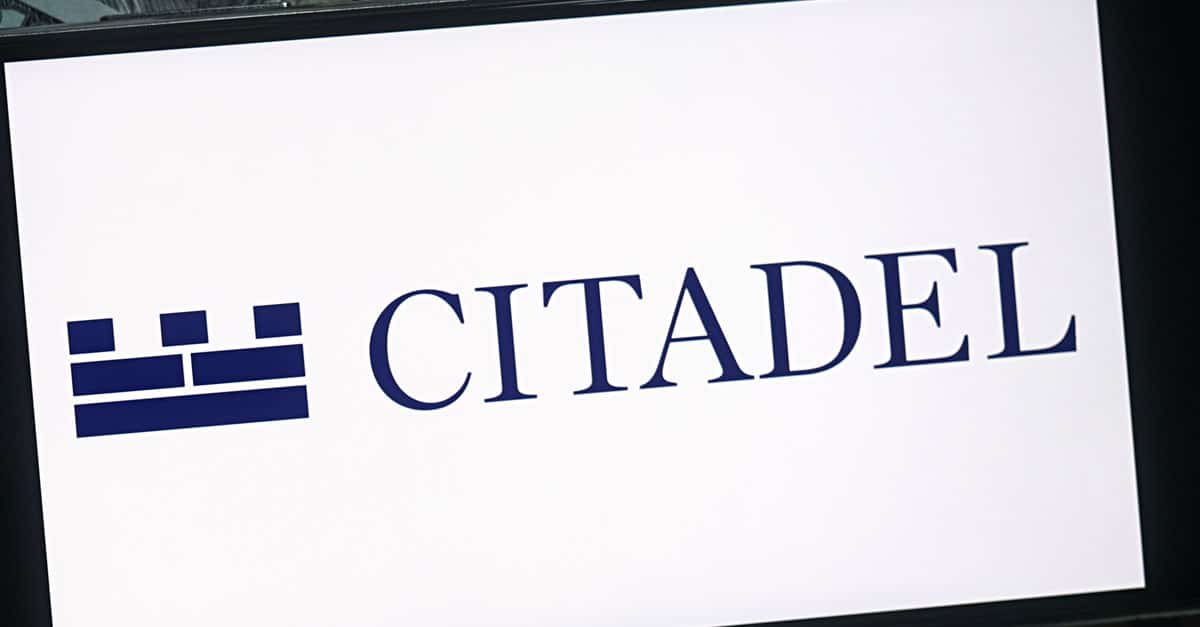Sovereign wealth funds (SWFs) have long shaped financial markets through meticulous governance, multi-decade foresight, and strategic asset allocation. Now, a growing number of affluent families see parallels between SWFs’ institutional rigor and the framework required to achieve meaningful, long-term philanthropy. By weaving in principles like transparency, diversification, and disciplined governance — plus leveraging platforms such as Altoo’s for centralised oversight — families can better direct their capital toward sustained global impact.
Securing diversified wealth is a never-ending process. In this process, market and economic forces are among the most widely discussed and analysed factors when it comes to future-proofing portfolios.
Philanthropy has always played a crucial role in shaping communities and driving positive change. As time rolls on, each generation’s philanthropic priorities and approach to giving evolve. Understanding these differences and bridging the gap between older and younger generations is crucial for nonprofits to grow their supporter base and drive meaningful change.
As digitalisation reshapes the global economy, a trend of so-called crypto philanthropy has emerged. Involving cryptocurrencies such as Bitcoin and Ethereum, this innovative concept provides a borderless and bureaucracy-free alternative to traditional philanthropy and is poised to take on a powerful role in charitable giving.
When it comes to the world of finance, few names carry as much weight as Ken Griffin. As the founder and CEO of Citadel LLC, a renowned hedge fund firm, Griffin has made a name for himself as a financial genius and prominent philanthropist. With a net worth that consistently ranks him among the world's wealthiest individuals, Griffin's success story is one that inspires and captivates.
Among all generational groups, the health category is a top priority in philanthropic donations. Having a sense of personal touch, health care donors are more likely to make a gift in honour or memory of someone.
People sometimes associate philanthropy with simply donating money to worthy causes, yet it is a deeply engrained notion of how to improve people's lives. It extends beyond the traditional definition of charity to embrace a wide range of behaviours motivated by a sincere desire to make the world a better place. This understanding is essential in the corporate sector, where philanthropy may take various forms other than simply donating money.
Geopolitical tensions and uncertainty have emerged as the new norm, and public, private, and philanthropic actors need to better equip themselves to confront emergency situations in the near and intermediate future, as well as collaborate more closely to address the interconnectedness and complexity of such crises.
Philanthropy dates back to Greek society. According to the US financial media website Investopedia, Plato instructed his nephew in his will to use the proceeds of the family farm to fund the academy that he founded in 347 B.C. The money helped students and faculty keep the academy running.
We think you might like
For family offices, it’s all too easy for diversification strategies to become operational liabilities. When there are multiple custodians, asset classes, and jurisdictions, the structures meant to protect wealth can obscure it. Unfortunately, the persistence of spreadsheet-based consolidation is a symptom of an infrastructure gap. Fortunately, family offices can learn from how institutional investors address this gap.
Markets don't wait for quarterly reviews. Risk management shouldn't either. Institutional investors monitor risks continuously — but not by having their people watch screens continuously. Family offices can achieve the same proactive oversight through automated monitoring technology that tracks multiple risk factors and notifies portfolio managers the moment thresholds are breached.
You know the value of your private equity stakes, your real estate holdings, your venture capital commitments. But do you know when those assets will demand — or return — capital? The difference between reactive improvisation and proactive planning isn't sophisticated treasury management. It's treating your consolidated wealth intelligence as a strategic asset. Purpose-built technology transforms fragmented holdings into forward-looking liquidity forecasts, turning cash flow management from crisis response into competitive advantage.
In case you missed it
Fintech companies are introducing innovative methods to understand and manage even the most diverse portfolios. If you’re considering working with one of these financial industry newcomers independently – that is, not through one of your banks or other institutional service providers – you should ask four basic questions about their data security. This article explores these questions and provides guidance on evaluating the responses.













